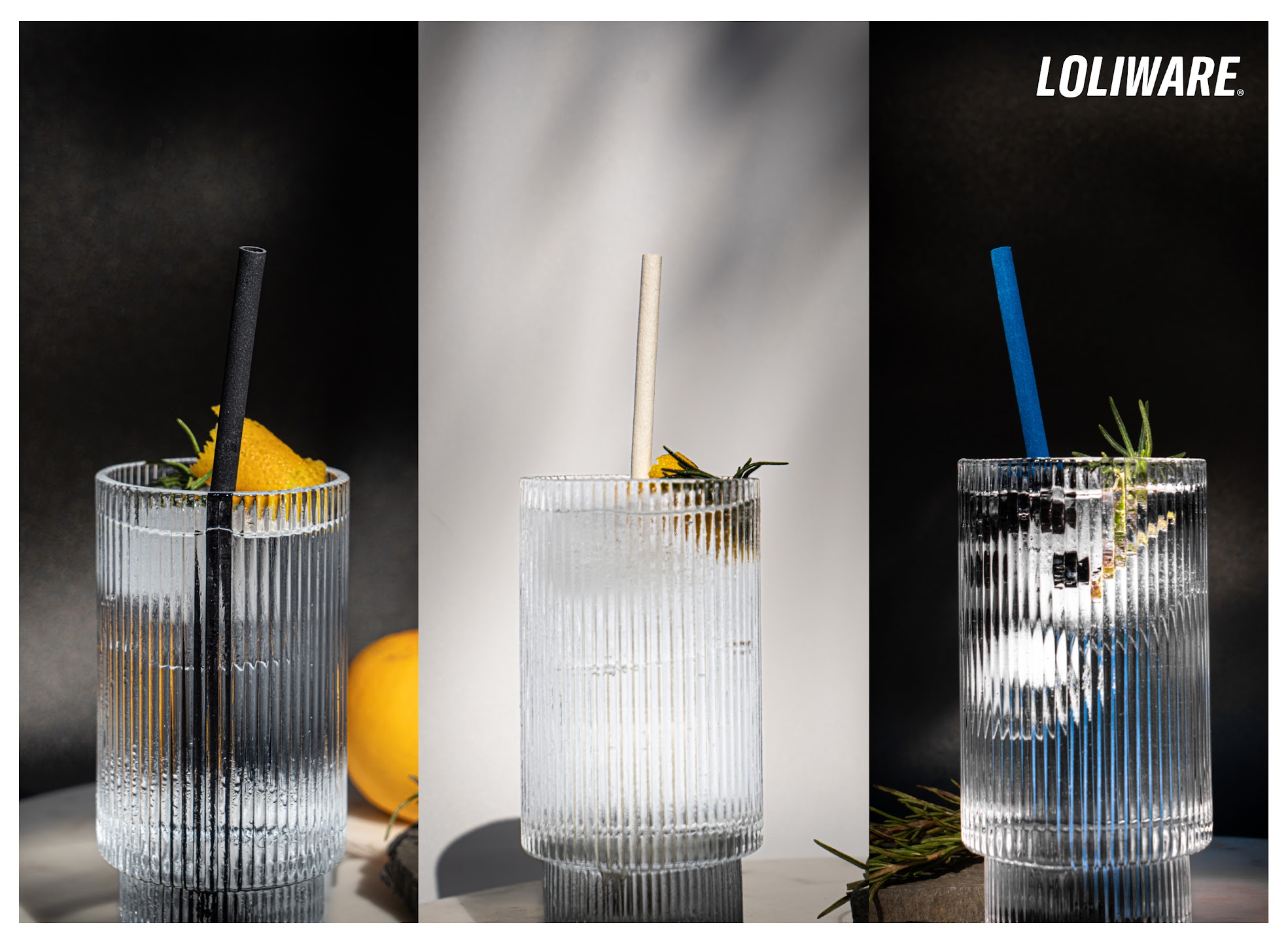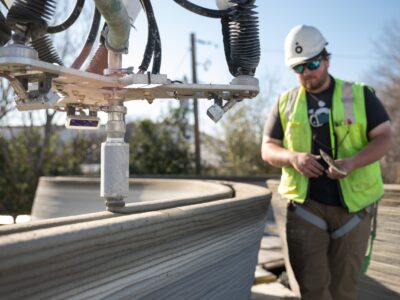There might be no more important living organism on Earth than seaweed. According to data from Kvaroy ArcticIt, it supplies roughly 70% of the world’s oxygen. More than 12,000 seaweed species populate the waterways, and those species can do some amazing things. They provide habitat for other aquatic species, absorb carbon dioxide, protect coastlines from erosion, and feed creatures in water, on land, and in the air.
Now, a New York-based technology company has found yet another use for seaweed — as a replacement for plastic. That company, Loliware, is replacing single-use plastics with compostable seaweed products that disappear organically. Loliware partners with experts in regenerative aquaculture worldwide to expand the “blue economy” with its proprietary SEATech resins and products.
Photo Courtesy Loliware
The company’s seaweed resins are “engineered to replace plastic at scale using regenerative, carbon-capturing, ocean-farmed seaweed,” according to its website. They’re made from a blend of seaweeds, minerals, and natural colors and are designed to look and feel like traditional plastic material. SEATech resins are also compatible with existing plastic manufacturing equipment.
Loliware bills its product as the first seaweed-derived resin that can create alternatives to plastic. They decompose at the same rate as a banana peel and are certified as a plastic-free product by Oceanic Global.
Photo Courtesy Loliware
“Unlike other biodegradable items on the market, which must end up in industrial composting facilities to degrade, our products can be safely discarded in a simple backyard compost pile,” Loliware stated on its website. “We also use farmed seaweed, which means the seaweed blend that goes into our products does not come at a cost to sensitive coastal habitats.”
Loliware has trademarked the phrase “Designed to Disappear” and uses it as a sort of calling card/mission statement.
Because the company considers waste a “design flaw,” it focuses on regenerative design that won’t litter the environment or harm ecosystems.
The initial application of Loliware’s SEA Technology is a “Blue Ocean” drinking straw that the company calls a “favorite among some of the nation’s most famous chefs, restaurant chains, and eco-chic hotels.” Loliware aims to advance its product portfolio into plastic utensils, cups, lids, and disposable take-out containers.
In May 2023, the company announced a launch of a seaweed resin for injection molding. “It unlocks hundreds, if not thousands, of new products to replace single-use plastics at scale using the industry’s existing equipment,” Sea F. Briganti, Loliware founder and CEO, said in a press release.
Photo Courtesy Loliware
To help finance its growth, Loliware closed a $15.4 million pre-Series A funding round in February 2023, including participation from L Catterton, Alumni Ventures Group, Blue Bottle Coffee founder Bryan Meehan, and others. As AFN reported at the time, the capital was also provided by plastics manufacturer Sinclair & Rush, with whom Loliware has a manufacturing partnership.
Loliware was founded in 2015 by Briganti, a VC-backed product developer, climate activist, and social innovator. A graduate of the Parsons School of Design, Briganti has worked as a product innovator for global brands such as Coca-Cola, Pepsi, Nestle, and L’Oréal.
The main challenge for companies like Loliware is figuring out how to capture market share from plastic manufacturers. As Waste Dive reported in 2022, eco-friendly plastic alternatives are more expensive than plastic-based products and harder to scale. But Loliware has confidence in its ability to overcome such obstacles.“We’re not a novelty but a sustainable solution, a long-term solution,” Victoria Piunova, Loliware’s chief technology officer, told Waste Dive.





